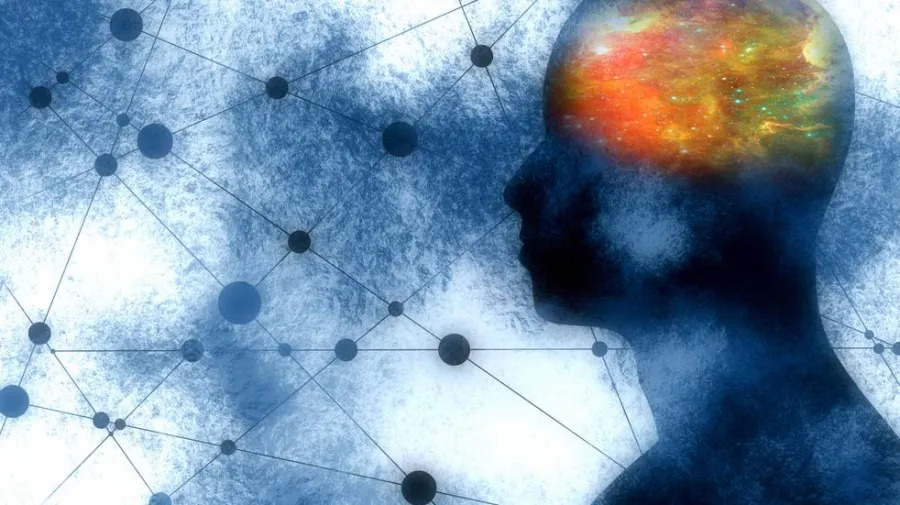- Shows &
Tickets - Classes &
Camps-
-
-
-
Interested in after-school activities for your kids? Explore After School Programs
-
-
-
- Schools &
Educators-
-
- Schools & Educators
Partner with the Alliance Theatre Institute for professional learning for educators and arts-integrated or theater-based instruction for students.
-
Unique Programs
We offer unique programs that use the power of the arts to inspire students, develop skills, and create positive change in schools and communities.
- Poetry Out Loud: Georgia
- JumpStart Theatre
-
-
-
-
Tickets for Teachers is a free ticket program for educators for Alliance Theatre productions. View Program Details
-
-
-
- Artists &
Community-
-
- Artists & Community
Learn more about our playwriting programs, partnerships with community organizations, and resources for artists.
-
An exploration of theater and the people who make it happen.
-
Check here for all major announcements from the theater.
-
-
- Impact &
Support-
-
- Impact & Support
Your support brings stories to life, funds community programs, and ensures more people have access to powerful theater experiences.
-
Name a Seat in the Goizueta Stage
Put your unique handprint on better tomorrows for Atlanta's young audiences.
-
-


Taking care of ourselves and our communities is critical in times of crisis. In this article, explore how characters in Sweat respond to adversity, and hear from community partners about some strategies to help us cope in difficult circumstances.
Our mental health—our emotional, psychological, and social well-being—is an essential part of our overall health. A person’s mental health can be shaped by biological factors like brain chemistry and genes as well as environmental or socioeconomic factors like working conditions, poverty and economic insecurity, substance abuse, racism, or sexism.
In Sweat, we see a number of these difficult circumstances at play in the lives of each character, influencing how they speak, act, and relate to others. Tracey grapples with shame and anger after being locked out of the plant and losing an important part of her identity. “Do you know what it’s like to get up and have no place to go?” she asks. “I ain’t had the feeling ever. I’m a worker. I have worked since I could count money. That’s me.” Chris battles a feeling of despair about his future at the plant. “The machines are so fucking loud I can’t even think,” he confesses. “It’s getting harder and harder to pull myself up and go to work every day.” Distress even pushes some characters to blame others and commit acts of violence, as we see at the end of the play.
| A reframing exercise can be a great first step to ground ourselves during difficult moments. Pam Brooks-Crump, with the peer-led Georgia Mental Health Consumer Network, recommends pausing and taking a breath. Try to see your situation from a different perspective by “starting with what’s going right for you,” she explains. Make a list of all the ways, big and small, that you’ve “made it” so far today. Then, consider what can or cannot be tweaked about your situation, and end by reflecting on what keeps you hopeful to move forward and take action. This reframing reflection can be done on your own, using an expressive mode like journaling, or with others you trust. |
Though grim circumstances sometimes lead characters in Sweat to shame or blame, we see characters turning towards care, connection, and problem-solving in the face of adversity, too. The Olstead workers come together to celebrate birthdays and reminisce about shared memories. Brucie and Stan confide in each other, “raw and honest,” about their worries, their anger, and their desperation. Chris looks ahead to his future and applies to the teaching program at Albright. Sweat brings to life the many ways we all try to find a path forward through loss, uncertainty, or difficult feelings.
According to Alexia Jones, the founder of Atlanta’s R2ISE Theatre, creating, connecting, and reflecting through the arts can be a great way of promoting our individual and collective wellbeing in times of hardship. R2ISE is a peer-led recovery community organization that uses all forms of creative expression to foster healing for those in recovery from addictive diseases or facing mental health challenges.
“What the arts can do for us,” Jones says, “is allow us to see our situation from a new perspective: to illustrate our stories and experiences back to us in a new light.” Jones believes that observing, creating, and sharing art is not a luxury or an indulgence in times of crisis but a process that is critical to our health and survival. The arts can help us maintain hope: a way of “keeping our eyes over the fence and imagining. . . and using that imagination to take us places that we physically cannot go,” she explains. Creative expression can also transform how we understand, endure, and move through the difficult circumstances we face.
| Try out a short creative activity as a way of pausing and taking care of yourself. In Sweat, each character’s identity is important to the choices they make and the words they speak. Create a piece of art that shows who you are and how you understand yourself. You don’t need any particular supplies or experience to do this: you could make a collage using objects in your home; write a song or curate a music playlist; make a photo slideshow or timeline; or create a drawing, painting, poem, or play. If you’re up for it, share your work with your play club or on social media using #AlliancePlayClub. |
Following Jones’s lead, consider taking time to reflect—on your own or with your group—on what the play club experience and activities made you feel and think. “There’re a few questions we love to ask at R2ISE Theatre” during the creative process, Jones explains. “What keeps you hopeful? What’s working in your life? What could be better? What’s next?” Transformations take place when we pause to create and reflect, Jones believes. “We can come out of that process having the answers” for how to move forward in difficult times.
|
Continue your learning, creating, and reflecting with any of the following resources from organizations throughout Atlanta:
|
If you are experiencing stress and don’t know how to cope, a mental health professional can be an important resource for providing support and strategies for mental wellness during a difficult time. Visit mentalhealth.gov for more information about ways to get help for you or your loved ones.
The information presented here is adapted from resources provided by the Centers for Disease Control, the World Health Organization, Mental Health America of Georgia, and the National Alliance on Mental Illness. The Alliance Theatre is especially grateful to the following individuals for their contributions to this post: Pam Brooks-Crump, Project Coordinator for Trauma-Informed Care at GMHCN; Chris Johnson, Director of Communications at GMHCN; Alexia Jones, founder of R2ISE Theatre; and Amelia Ward, a graduate student in mental health counseling.
|
|
 |













